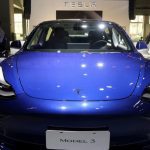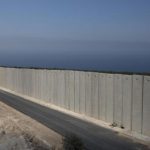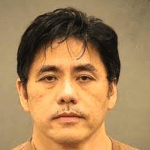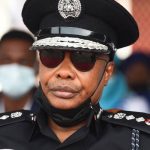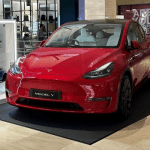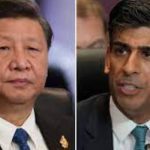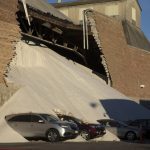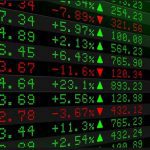The Chinese military have banned Tesla Inc. cars from its complexes and housing compounds.
The military cited concerns about sensitive data being collected by cameras built into the vehicles.
The military advised Tesla owners to park their vehicles outside the military premises, according to people aware of the directive who asked not to be identified because the information is private.
The ban, relayed to residents of military housing this week, was triggered by concerns that the world’s biggest maker of electric vehicles is collecting sensitive data via the cars’ in-built cameras in a way the Chinese government can’t see or control, one of the people said.
According to the military notice, multi-direction cameras and ultrasonic sensors in Tesla cars may “expose locations”. Also, the cars are being blocked from military complexes for the security of confidential military information.
Tesla, like many other automakers including General Motors Co., uses several small cameras, mainly located on the outside of the vehicle, to help guide parking, autopilot and self-driving functions. Most Tesla models also have an interior camera mounted above the rearview mirror that can be used to detect whether a driver is looking at the road, looking down at their lap, wearing sunglasses, or looking at something else entirely.
Earlier this month, Musk tweeted that the company’s FSD beta trial had been expanded to around 2,000 owners but Tesla had also “revoked beta where drivers did not pay sufficient attention to the road.” Musk said the next significant release of FSD beta would be in April.
None of the in-car cameras in Teslas sold in China are turned on or part of the FSD beta trial, the Tesla representative said. Tesla’s privacy policies comply with national laws and local regulations in China, the person said.
China, the world’s biggest market for EVs, is key to Musk’s global growth ambitions.
The carmaker received significant support from the state to build the factory near Shanghai, its first outside of the U.S., and Musk’s strategy has been one of deference to the government, in contrast to his more combative approach in the U.S.
Recently, though, the tone seems to have shifted. Tesla was called in by Chinese regulators over quality and safety issues with its cars, including battery fires and abnormal acceleration. The automaker was also forced into issuing a public apology to China’s state grid in early February after a video purportedly showed staff blaming an overload in the national electricity network for damage to a customer’s vehicle.



